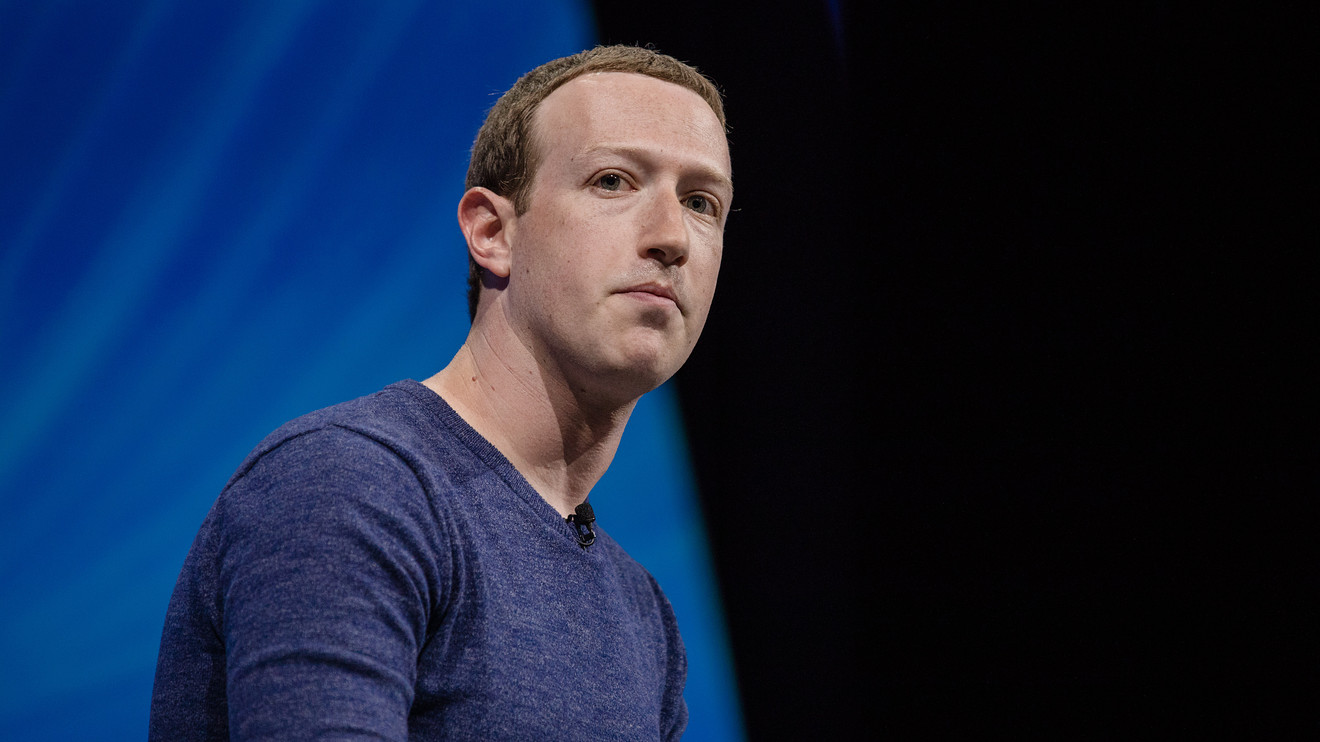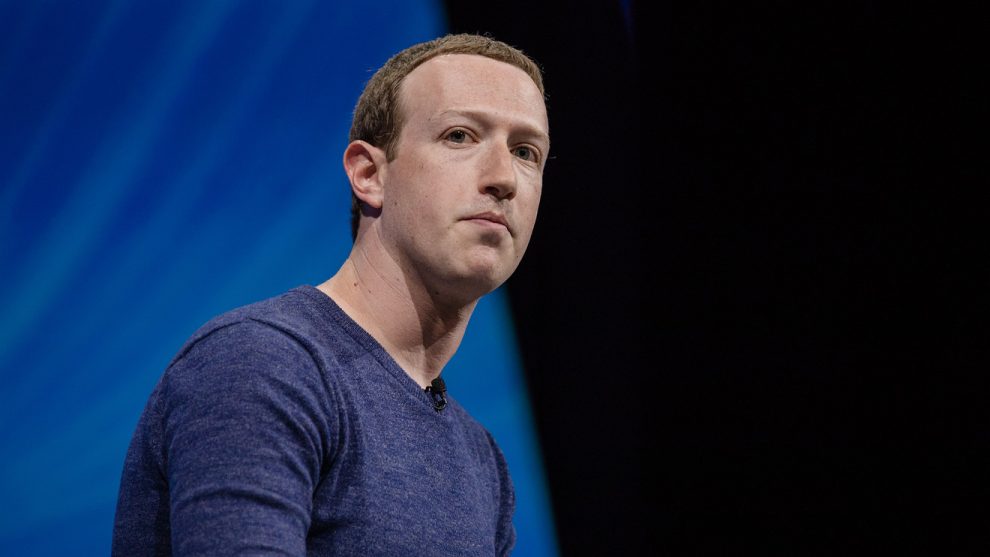
“Imagine this for a second: One man, with total control of billions of people’s stolen data, all their secrets, their lives, their futures. I owe it all to Spectre. Spectre showed me that whoever controls the data, controls the future.”
No, that’s not a soliloquy from a megalomaniacal Bond villain — it’s Facebook Inc. Chief Executive Mark Zuckerberg saying those sinister words. At least at first glance — it’s actually a manipulated “deepfake” video posted on Instagram in an apparent challenge to Facebook over its rules on how it handles misinformation.
Vice’s Motherboard first reported on the video, which was created by two artists and an advertising company just weeks after Facebook refused to remove a doctored video of House Speaker Nancy Pelosi, who ripped the social network for “not taking down something they know is false.” Facebook said the Pelosi video did not violate its policies, and it was shared by millions of users, although Facebook eventually hobbled its reach and labeled it as false.
Deepfake videos are becoming more of a concern, because deep-learning technology is advancing to the point where one no longer needs professional video-editing equipment to create a fake video that looks and sounds completely real — a potential bonanza for everyone from bad-faith pranksters to intelligence agencies wishing to spread misinformation.
“It is not somebody using the latest technology,” Hany Farid, a digital forensics expert at the University of California, Berkeley, told the Associated Press in May. “Anybody can do this.”
Like the Pelosi video, the Zuckerberg deepfake isn’t perfect, and has some obvious signs it isn’t real. The voice, for example, sounds nothing like the real Mark Zuckerberg.
And though it may make the boss look bad, Facebook is holding firm on its policy, and not taking it down.
“We will treat this content the same way we treat all misinformation on Instagram,” a spokesperson told reporters Tuesday. “If third-party fact-checkers mark it as false, we will filter it from Instagram’s recommendation surfaces like Explore and hashtag pages.”
Facebook has been assailed by lawmakers and critics alike for not doing enough to crack down on misinformation following Russian interference in the 2016 U.S. presidential election.
MarketWatch reported last month that even before the Pelosi video, Facebook had decided to rethink its policies on fake videos, though that could take some time.
The government is weighing the issue as well, and the House Intelligence Committee will hold a hearing Thursday on the national-security challenges that manipulated media, including deepfakes, pose.
Facebook shares FB, +1.88% jumped Tuesday and are up about 36% year to date, compared to the S&P 500’s SPX, -0.03% 15% gain.












